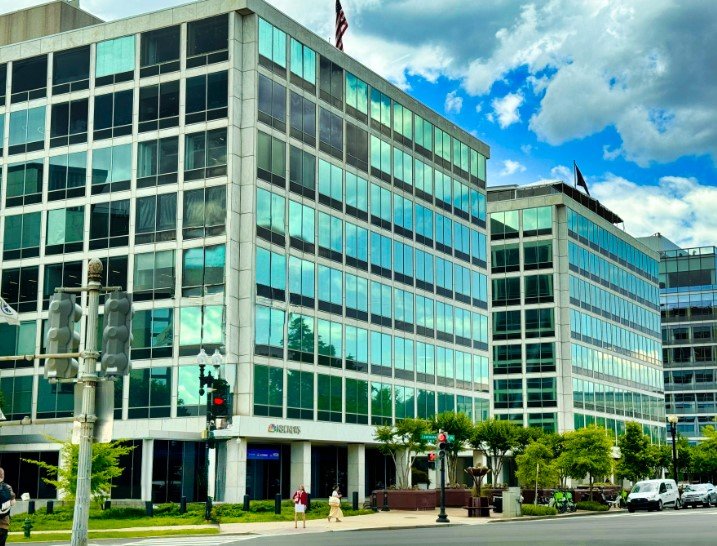Trial Was Scheduled for April 22, But Case Ends Quietly With Agreement Behind Closed Doors
NBC News has quietly settled a $30 million defamation lawsuit with Georgia-based doctor Mahendra Amin, sidestepping what could have been a headline-grabbing federal trial later this month. The case revolved around explosive claims aired in 2020, suggesting that Amin performed unauthorized medical procedures on immigrant women held in federal custody.
The lawsuit, originally set for trial on April 22 in a federal court in Waycross, Georgia, was officially dismissed on April 4. Terms of the agreement remain confidential, and neither NBC News nor MSNBC has commented publicly.
The Backstory: A Whistleblower, a Viral Headline, and a Doctor’s Fightback
Back in September 2020, MSNBC aired a report that caused an uproar. The segment focused on a whistleblower’s allegations that Dr. Mahendra Amin performed two unauthorized hysterectomies on women detained at the Irwin County Detention Center in Ocilla, Georgia.
At the time, America was reckoning with broader immigration and medical ethics issues. This particular story hit a nerve — deeply. The accusations were brutal and triggered investigations, calls for justice, and demands for accountability.
Dr. Amin pushed back hard. Court documents show the procedures were medically approved. In fact, both women had signed informed consent forms, and ICE had authorized the surgeries. That key detail wasn’t included in the NBC story.

What the Court Knew vs. What the Public Heard
The legal back-and-forth shed light on gaps between the narrative in the media and the documented facts.
One sentence in particular from the MSNBC report stood out in the lawsuit. It claimed patients were operated on “without consent” — a bold assertion that Dr. Amin’s legal team argued was outright false.
Here’s what was documented:
-
ICE records showed written authorization for both hysterectomies.
-
The patients had signed informed consent forms, according to medical records reviewed by the court.
-
Amin’s team provided extensive documentation supporting that the procedures were necessary and legal.
Still, public damage had already been done.
From National Headlines to a Quiet Courtroom Exit
Initially, Amin’s legal team seemed determined to take the matter to trial. That would’ve meant airing the facts in open court — something NBC might not have welcomed. But things changed in February.
That’s when court filings revealed both sides had entered settlement talks. On April 4, the lawsuit was officially dismissed. No dollar amount was made public, but the original claim was for $30 million.
The media company did not respond to questions from reporters. MSNBC stayed quiet too. And Dr. Amin? He hasn’t spoken publicly since the case closed.
Settlements Like This Don’t Just Vanish — Here’s What It Means
For NBC, this settlement likely avoids a PR disaster. For Amin, it’s some form of redemption. But the bigger question is — what kind of precedent does this set?
Media experts say it’s rare for defamation cases to go this far. Most are tossed early. But this one survived motions to dismiss. That’s saying something.
Let’s be clear: the whistleblower complaint is what sparked the story. But once it aired, NBC owned the editorial choices.
This table breaks down how the case played out:
| Timeline | Key Development |
|---|---|
| Sep 2020 | MSNBC airs story on hysterectomies |
| Sep 2021 | Dr. Amin files defamation lawsuit |
| Feb 2024 | Both sides enter settlement talks |
| Apr 4, 2025 | Case dismissed, terms confidential |
There’s also something bigger at play here — the role of consent in medical reporting. It’s complex. It’s emotional. And it matters deeply.
Why It Still Matters, Even After the Dust Has Settled
There’s no jury verdict. No on-the-record apology. No public correction. But that doesn’t mean the case lacked impact.
The report led to intense scrutiny of ICE’s medical practices — scrutiny that continues to this day. Whether Amin’s name clears up in public opinion is another story.
For journalists, it’s a cautionary tale. For sources, it’s a reminder that media stories can have long aftershocks. And for the legal world, it’s a rare defamation suit that almost went the full distance.
Just one sentence can change someone’s life — and cost millions.
